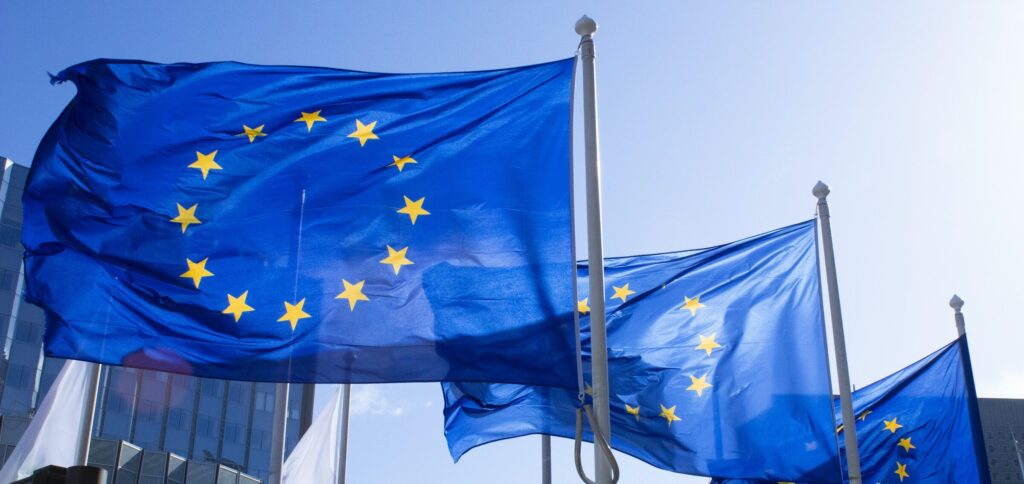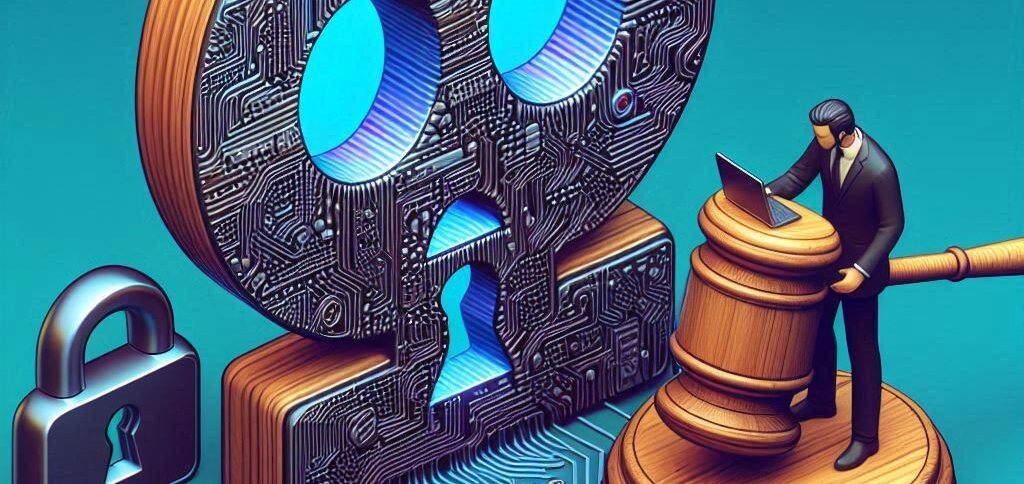A European Comission It is the executive body of the EU and is made up of a College of Commissioners appointed by Member States. It is responsible for drafting legislative proposals, implementing EU policies and budgets, and representing EU interests at international level. The European Commission is headed by a President, who is elected by the European Parliament and approved by the European Council. The Commission is considered the “government” of the EU, responsible for administering the EU's policies and programs.
ADVERTISING
O European Council It is made up of the heads of state or government of EU member countries, together with the President of the European Commission. He is responsible for defining the EU's general political guidelines and priorities. The European Council meets regularly to discuss important issues such as foreign policy, security, economy and the environment. He is also responsible for making decisions about new members joining the EU and approving the EU budget.
O European Parliament is one of the EU's main institutions, responsible for representing the citizens of member states and ensuring that their voices are heard in the European legislative process. It is made up of 705 members elected directly by the citizens of the Member States every five years. Parliament's role is to review and approve legislation, together with the Council of the European Union, as well as overseeing other European institutions, such as the European Commission. The European Parliament is also responsible for electing the president of the European Commission. In short, the European Parliament is a fundamental part of the European democratic system and has a crucial role in defining EU policies and guidelines.
Sources of ChatGPT:
- “About the European Union” – europe.eu: https://europa.eu/european-union/about-eu_pt
- "European Commission" - europe.eu: https://ec.europa.eu/info/about-european-commission_pt
- “European Council” – europe.eu: https://www.consilium.europa.eu/pt/european-council/
- "European Parliament" - europe.eu: https://european-union.europa.eu/institutions-law-budget/institutions-and-bodies/institutions-and-bodies-profiles/european-parliament_en
*The text of this article was partially generated by ChatGPT, an artificial intelligence-based language model developed by OpenAI. Text entries were created by Curto News and responses intentionally reproduced in full. The answers from ChatGPT are automatically generated and do not represent the opinions of OpenAI or people associated with the model. All responsibility for published content rests with Curto News.
ADVERTISING
Read also
* The text of this article was partially generated by artificial intelligence tools, state-of-the-art language models that assist in the preparation, review, translation and summarization of texts. Text entries were created by the Curto News and responses from AI tools were used to improve the final content.
It is important to highlight that AI tools are just tools, and the final responsibility for the published content lies with the Curto News. By using these tools responsibly and ethically, our objective is to expand communication possibilities and democratize access to quality information. 🤖




